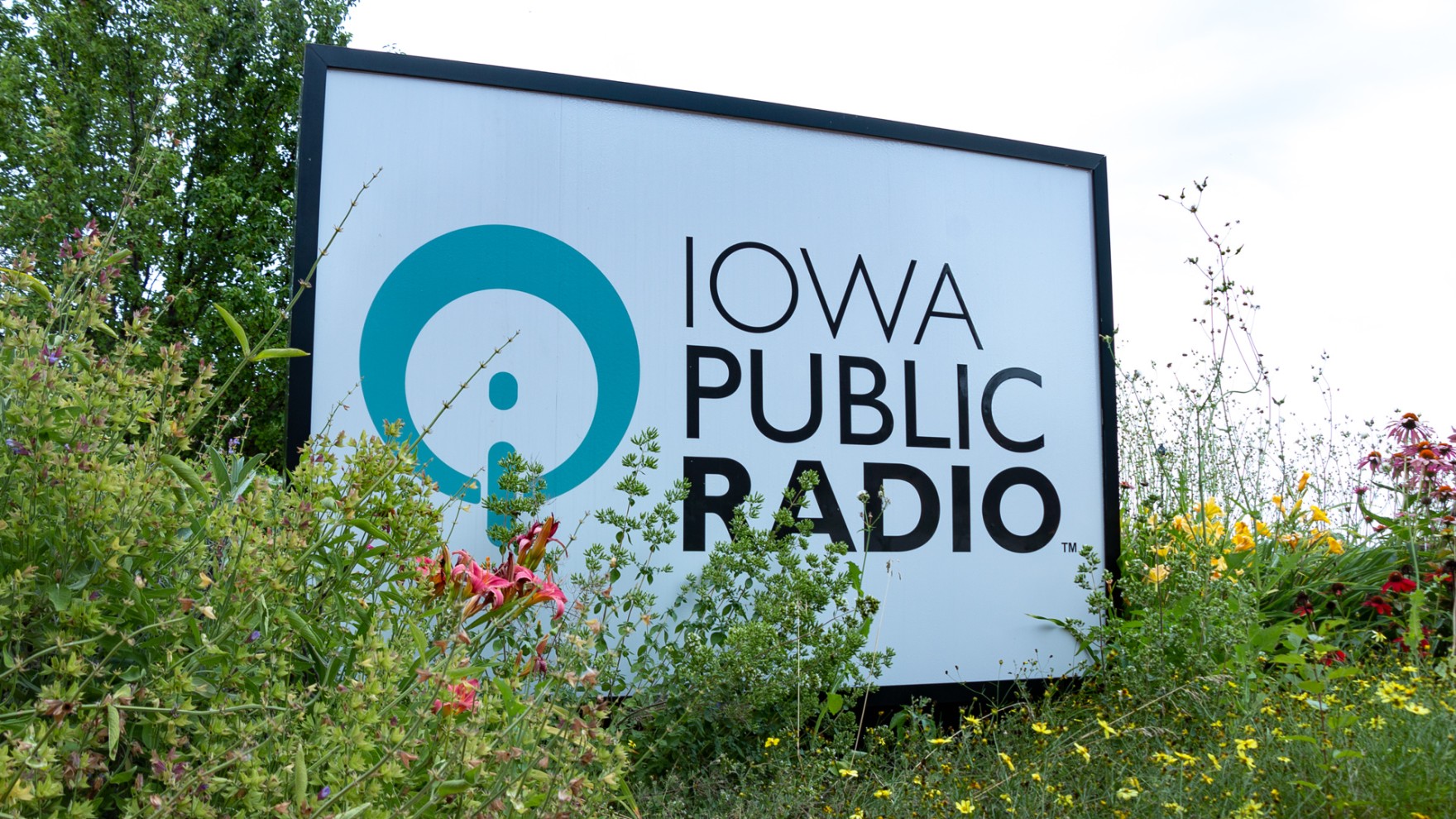Tag: Iowa Public Radio
University licensee to vote on proposed ownership transfer for Iowa Public Radio
A vote of approval by the Iowa Board of Regents would be the first step in a plan for IPR to operate ...Iowa Public Radio secures funds to develop innovation projects
A new fund backed by an anonymous donor will allow IPR to "test and develop new ideas ... that have the potential ...Under new leadership, struggling Iowa station looks to reinvent itself to survive
KBBG aims to strengthen community support by refreshing its music mix and beefing up local reporting.Regents extend funding for Iowa Public Radio
The Iowa Board of Regents agreed Oct. 23 to continue funding Iowa Public Radio at current levels through the end of fiscal ...Funding boost from universities helps Iowa Public Radio after difficult year
Iowa’s Board of Regents voted to increase funding for Iowa Public Radio Thursday after hearing details of the pubcaster’s financial struggles in the ...Wednesday roundup: Supremes hear Aereo case; thoughts from Sagan’s daughter
Plus: Iowa Public Radio needs more funding, and regional Murrow Award winners are announced.Iowa Public Radio names new executive director
Myrna Johnson, a former government relations associate for NPR who now directs a Boston nonprofit, has been named the next executive director ...One ouster leads to another at Iowa Public Radio
When the board of Iowa Public Radio voted to remove Mary Grace Herrington as c.e.o. Feb. 25, the directors were responding to ...NPR hires two reporters, WXXI news director rappels down 21 stories, and more…
Leila Fadel, Cairo bureau chief for the Washington Post, signs on as NPR’s Cairo-based correspondent in July. She covered the Iraq War for almost ...Gregory Shanley, 49
Longtime public radio journalist Gregory Shanley, 49, a statewide talk host on Iowa Public Radio, died Jan. 26 [2010] in Iowa ...Uncomfortable, as promised
Cindy Browne never promised them a rose garden. In fact, the founding executive director of Iowa Public Radio repeatedly promised the network’s ...





